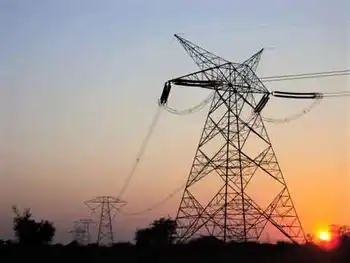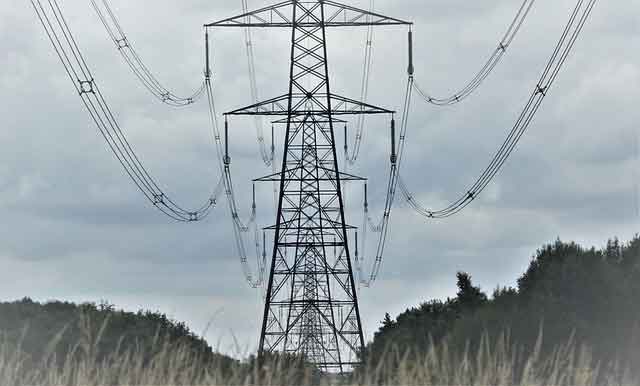Egypt seeks assistance to train nuclear engineers
By Industrial Info Resources
Arc Flash Training - CSA Z462 Electrical Safety
Our customized live online or in‑person group training can be delivered to your staff at your location.

- Live Online
- 6 hours Instructor-led
- Group Training Available
According to Korea International Cooperation Agency (KOICA), the training program would begin within the next 12 months under the agency's support program for developing nations. KOICA is a state-run agency that implements the South Korean government's grant aid and technical cooperation programs for developing nations. The agency conducts training courses in the nuclear energy sector in cooperation with the International Atomic Energy Agency (IAEA).
To date, KOICA reportedly has trained more than 400 nuclear energy engineers from developing nations, including Indonesia, Nigeria and Vietnam.
Starting this year, KOICA will invite nuclear energy engineers from Egypt to attend training programs, ranging from three to five years in duration, in South Korea. The Korea Atomic Energy Research Institute (KAERI) will be training the Egyptian engineers. The Nuclear Training Center of KAERI was established in 1967, and the first training course in nuclear power technology at the center was conducted in 1968.
The details of the program and the number of engineers to be trained are yet to be finalized.
According to South Korea's Ministry of Knowledge Economy, the nation aims to export 80 nuclear power reactors, with a combined value of $400 billion, by 2030 in order to gain a 20% share of the global nuclear market and become the world's third-largest exporter of nuclear reactors. Seoul's agreement with Egypt to train the latter's nuclear engineers is being viewed as a precursor to contracts for the supply of nuclear power reactors, as Egypt prepares to construct its first nuclear power plant.
Egypt is currently evaluating six bids submitted by international firms to provide consulting and support services for setting up the nation's nuclear safety regulatory framework, on par with international standards, prior to the development of its first nuclear power plant. A total of 17 firms had responded to the tender when it was issued in April 2008. Of these, bids from six undisclosed companies were shortlisted.
A South Korean company figures in the list, which also includes firms from Canada, France, Germany, the United Kingdom and the United States.
The winning consultant will train Egyptian nuclear engineers in safety aspects such as the use of safety codes for the assessment and monitoring of nuclear power plants, and preparation and implementation of regulations and quality management systems.
In 2006, Egypt announced plans to build a 1,000-MW nuclear reactor at El Dabaa on the Mediterranean coast by 2015. The project, to be developed with an investment of $1.5 billion to $2 billion, would be used for the purpose of electricity generation and water desalination.
In December 2008, the Egyptian Ministry of Energy and Electricity announced plans to award a $180 million contract to Bechtel Group Incorporated to select the site for the power plant, choose an appropriate reactor technology, conduct training programs, and provide technical services over a period of 10 years.
However, this contract was later awarded to WorleyParsons Limited, which announced in June last year that it had secured a contract from the Egyptian Nuclear Power Plant Authority (NPPA) to develop a 1,200-MW nuclear power plant in the country. The value of the eight-year contract is estimated at $160 million. Under the initial phase of the agreement, WorleyParsons will undertake technology and site selection studies. The firm also will oversee work related to the design, construction, commissioning, startup and management of the nuclear power plant.
Egypt plans to bring its first nuclear power plant into operation by 2017.











